Visionaries shape industries by challenging conventions, and few embody this ethos better than Iván Saldaña. A master distiller and co-founder of Casa Lumbre, Saldaña has revolutionised the spirits industry by blending scientific expertise with a deep reverence for tradition. His latest venture, Almave, created alongside seven-time Formula One champion Lewis Hamilton, is the world’s first distilled non-alcoholic blue agave spirit. This groundbreaking innovation redefines how consumers engage with agave, offering a sophisticated alternative that bridges the gap between authenticity and modern lifestyles.
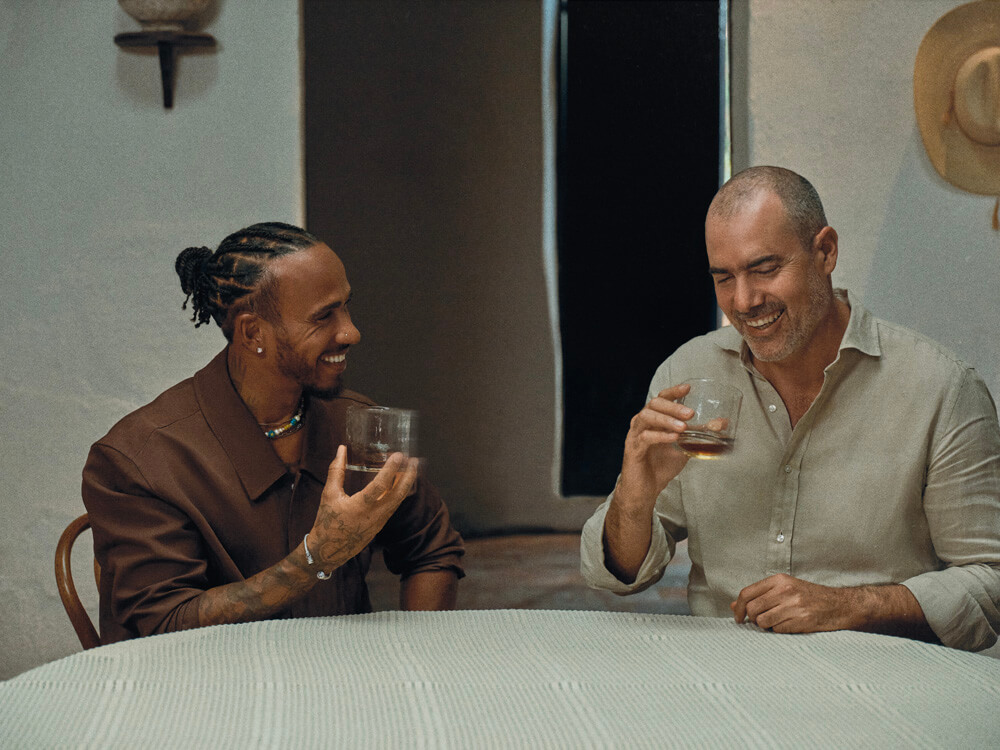
In this exclusive interview with The Executive Magazine, Saldaña shares the remarkable journey that led him from the fields of Jalisco to the forefront of global spirits innovation. He discusses the challenges of balancing tradition with scalability, the opportunities for sustainability in the industry, and how his partnership with Hamilton has shaped Almave into a brand that’s both aspirational and deeply rooted in Mexican heritage.
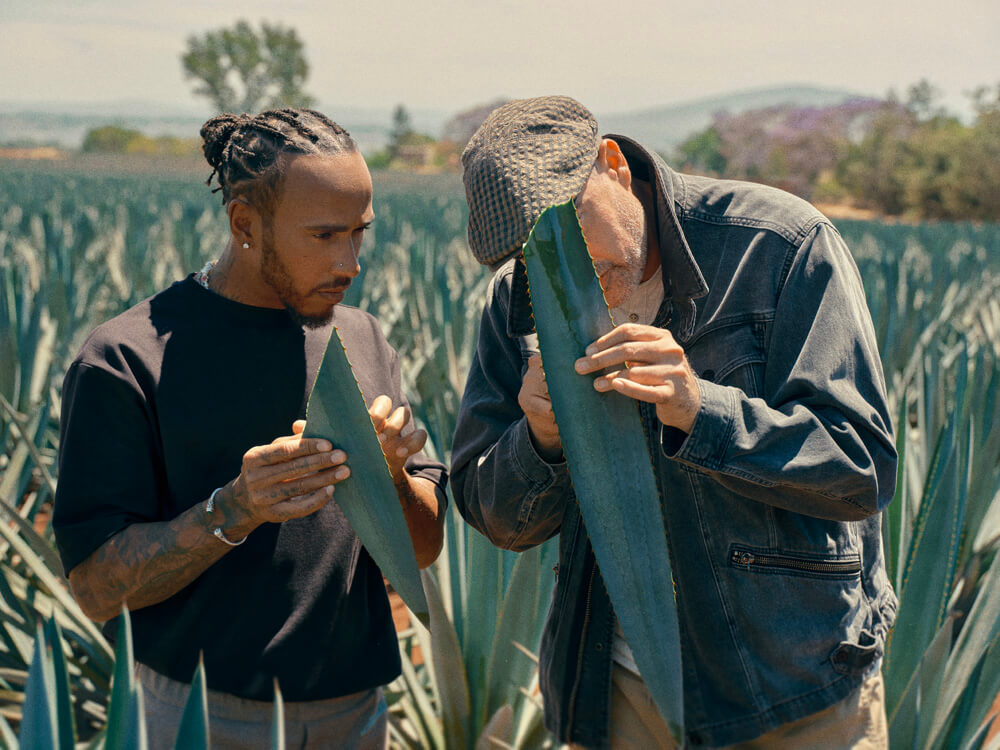
Can you describe your journey from your early fascination with biodiversity in Jalisco to becoming a prominent figure in the spirits industry? What experiences were pivotal in shaping your entrepreneurial vision?
“My journey began in Jalisco, surrounded by the natural beauty and biodiversity of Mexico. Growing up, I was captivated by the agave plant—not just for its cultural and economic importance but as a resilient organism that thrives in challenging conditions. This fascination led me to study biology, biotechnology, and ultimately pursue a Ph.D. in biochemistry, where I focused on agave fructans. My academic path provided a deep understanding of raw materials, which became the cornerstone of my work in spirits.
“The pivotal moment came when I transitioned from academia to the industry. While working at Pernod Ricard, I realized the limited connection between the scientific understanding of raw materials and the craft of spirits production. That disconnect inspired me to create something new—spirits that honored tradition but embraced innovation. Founding Casa Lumbre in 2011 with my partners Moisés Guindi and Daniel Schneeweiss was a natural progression, a platform to celebrate Mexico’s biodiversity and cultural heritage in every bottle.
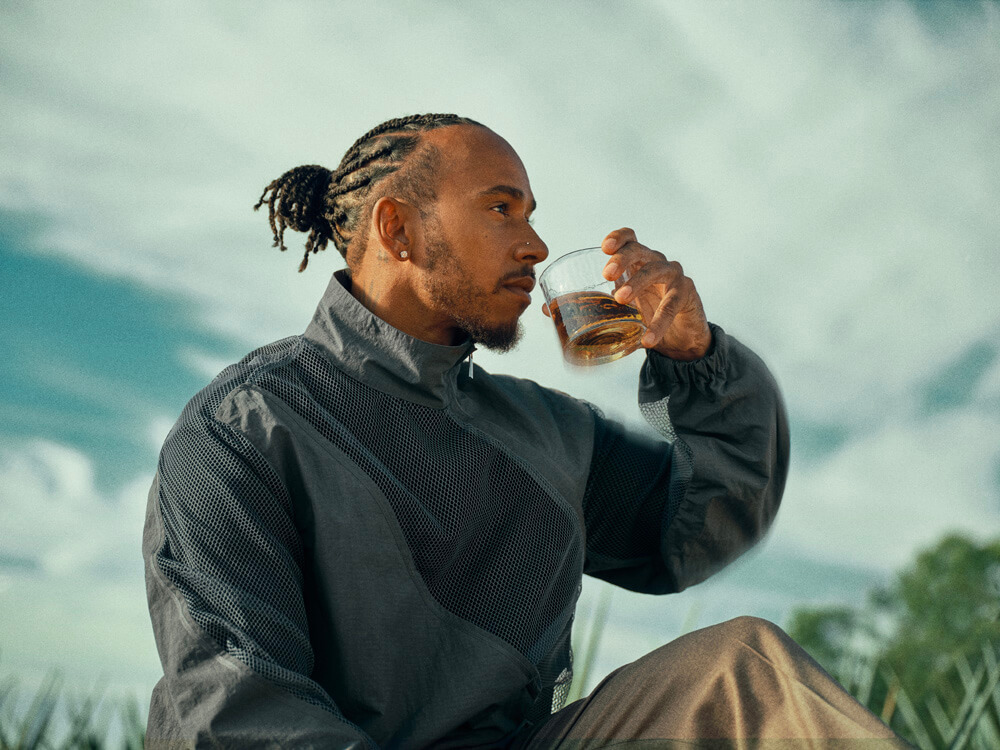
Every entrepreneurial journey comes with challenges. What were some of the most significant obstacles you encountered while launching Casa Lumbre and its products, and how did you navigate these hurdles?
“Every entrepreneurial journey is a test of resilience. One of the earliest challenges we faced at Casa Lumbre was balancing authenticity with scalability. For example, with Montelobos Mezcal, we were committed to traditional, artisanal production methods, which naturally limit how much you can produce. Scaling without compromising the essence of the spirit required careful partnerships with local producers and a long-term vision.
“Another significant challenge was introducing new categories, like Abasolo Whisky, to markets unfamiliar with them. Whisky made from 100% Mexican corn was unheard of, so educating consumers while remaining true to the product’s story was vital. We navigated these hurdles by focusing on storytelling—connecting people to the soul of the product through its origins and raw materials.”
The non-alcoholic spirits market is growing rapidly. In your opinion, what factors are driving this trend, and how does Almave fit into the changing landscape of consumer preferences?
“The rise of the non-alcoholic spirits market is driven by shifting consumer values. People are more health-conscious, socially aware, and increasingly interested in products that align with their lifestyles. Almave was born from this awareness, but also from a deeper purpose. It’s not just about removing alcohol; it’s about retaining the authenticity and complexity of agave. Almave provides a way for people to enjoy the depth of Mexican craftsmanship without compromise.”
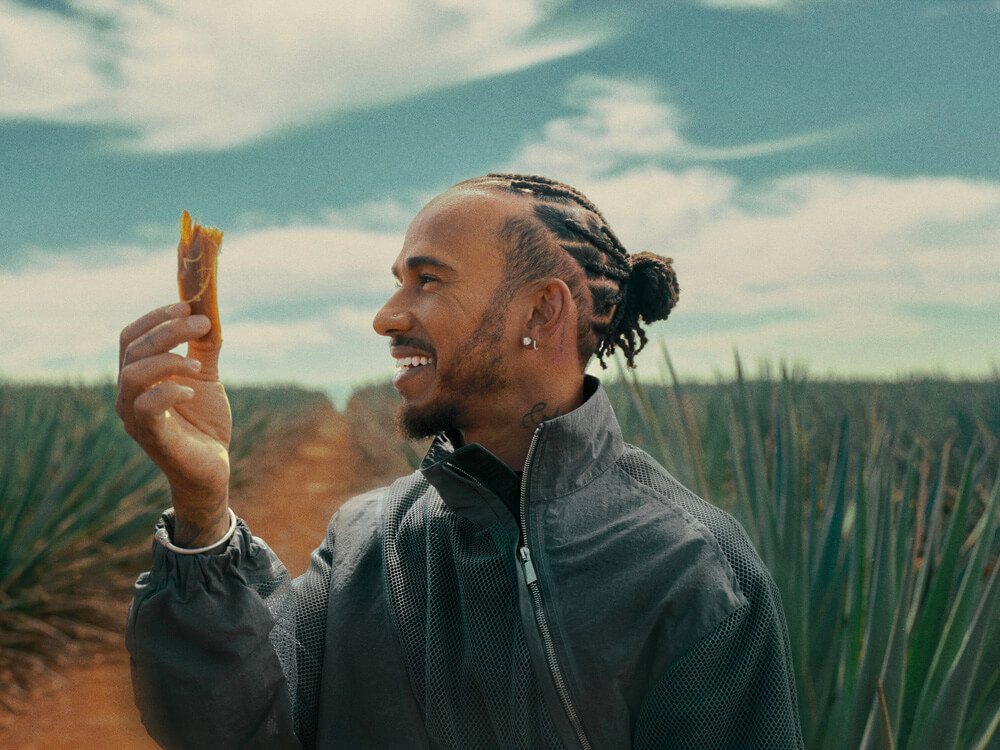
Almave prides itself on using real Blue Agave and traditional distillation methods. How do you balance innovation with authenticity in a sector that often prioritises profit margins over craftsmanship?
“Authenticity is the foundation of everything we do. With Almave, we use real blue agave and follow traditional distillation methods because the raw material defines the spirit. At the same time, we innovate in ways that honor tradition. For example, while creating a non-alcoholic distilled spirit might seem counterintuitive in an industry rooted in alcohol, it’s a natural evolution for us. We’re showing that innovation and authenticity aren’t mutually exclusive—they can coexist beautifully.”
Your partnership with Lewis Hamilton has brought considerable attention to Almave. How did this collaboration come about, and what unique perspectives does Hamilton bring to the brand?
“The collaboration with Lewis Hamilton came about because we share similar values. Lewis is someone who excels in his field yet remains grounded, curious, and committed to positive change. When we discussed Almave, he resonated with the idea of celebrating tradition while making it accessible to a wider audience. His involvement has brought fresh energy and perspective to the brand.”
How do you see Lewis Hamilton’s influence extending beyond the realm of sports into the business world, particularly in terms of brand positioning and market appeal for Almave?
“Lewis is more than a sports icon—he’s a visionary. He understands how to translate his influence into meaningful action, whether in sustainability, inclusivity, or business innovation. His perspective has helped shape Almave as a brand that’s aspirational yet relatable. He understands that what we create isn’t just a product; it’s a story, a connection to something deeper.”
As a co-founder of Almave in partnership with a figure like Lewis Hamilton, how do you perceive the overlap between the spirits and automotive industries? What lessons from the automotive world can be applied to your work in spirits?
“There’s an interesting overlap between the spirits and automotive industries—both require precision, creativity, and a deep respect for craftsmanship. From Lewis, I’ve learned that success is about pushing boundaries while staying disciplined in execution. Just as engineering excellence drives Formula 1 performance, every detail in the production of spirits matters. Whether it’s the sourcing of agave or the nuances of distillation, precision and attention to detail are everything. The passion for innovation and the relentless pursuit of perfection are lessons that translate beautifully from one industry to the other.”
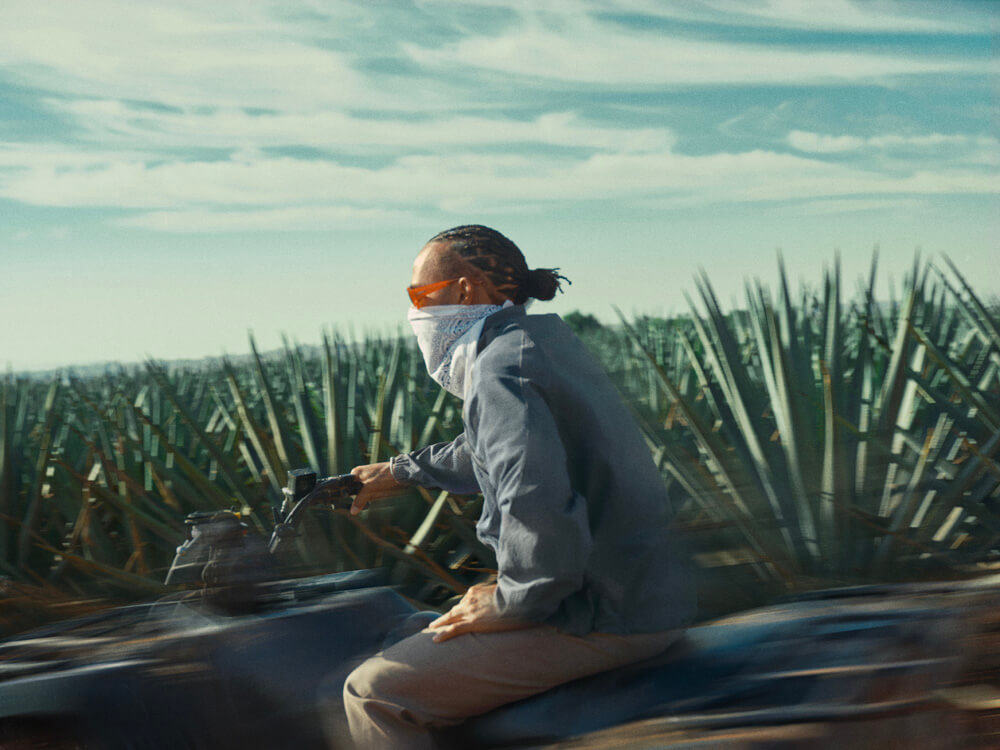
As a leader in the spirits industry, what key principles guide your decision-making and leadership style? How do you cultivate a culture of innovation and sustainability within your team?
“As a leader, I believe in the power of curiosity, collaboration, and purpose-driven work. My decision-making is rooted in three principles: respect for raw materials, a commitment to sustainability, and a focus on storytelling. I cultivate a culture of innovation by encouraging my team to explore new ideas, challenge conventions, and stay connected to the core values of Casa Lumbre. Sustainability is not an afterthought—it’s embedded in everything we do, from sourcing organic ingredients to creating products that honor local traditions and ecosystems. Ultimately, I see leadership as a way to empower others to bring their creativity and passion to life.”
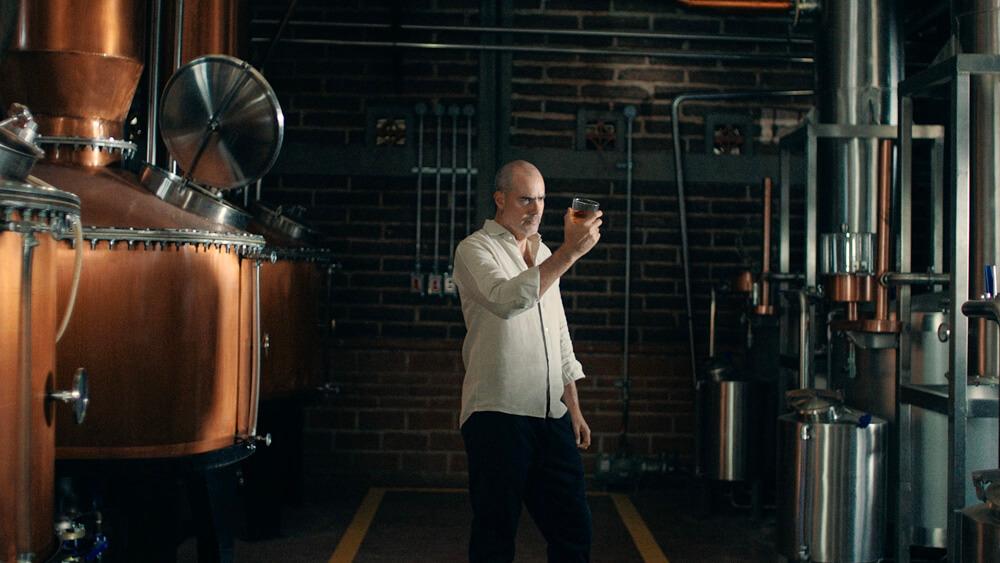
Looking ahead, what trends do you foresee shaping the future of the spirits industry, particularly in terms of sustainability and consumer health consciousness? How is Casa Lumbre positioning itself to lead in these areas?
“The future of the spirits industry is being shaped by three major trends: sustainability, health-conscious consumption, and authenticity. Consumers today demand transparency—they want to know where their products come from, how they’re made, and the impact they have on the planet. At Casa Lumbre, we’ve embraced these trends by prioritizing sustainable practices and creating products like Almave that cater to health-conscious lifestyles. Additionally, the focus on ancestral techniques, such as nixtamalization in Abasolo Whisky, aligns with the growing appreciation for authentic, culturally rooted experiences. By staying ahead of these trends, we’re positioning ourselves as leaders in crafting meaningful, impactful spirits.”
What advice would you give to aspiring entrepreneurs looking to enter the spirits market? Are there specific opportunities you see for new leaders in this evolving sector?
“My advice to aspiring entrepreneurs is simple: start with the raw material. Understand its story, its history, and its potential. The spirits industry is about more than just creating a product—it’s about building connections and telling stories that resonate with people. There are immense opportunities in sustainability, non-alcoholic alternatives, and exploring underrepresented cultural heritage in spirits. If you bring authenticity, innovation, and a commitment to quality to the table, you’ll find your place in this evolving sector.”
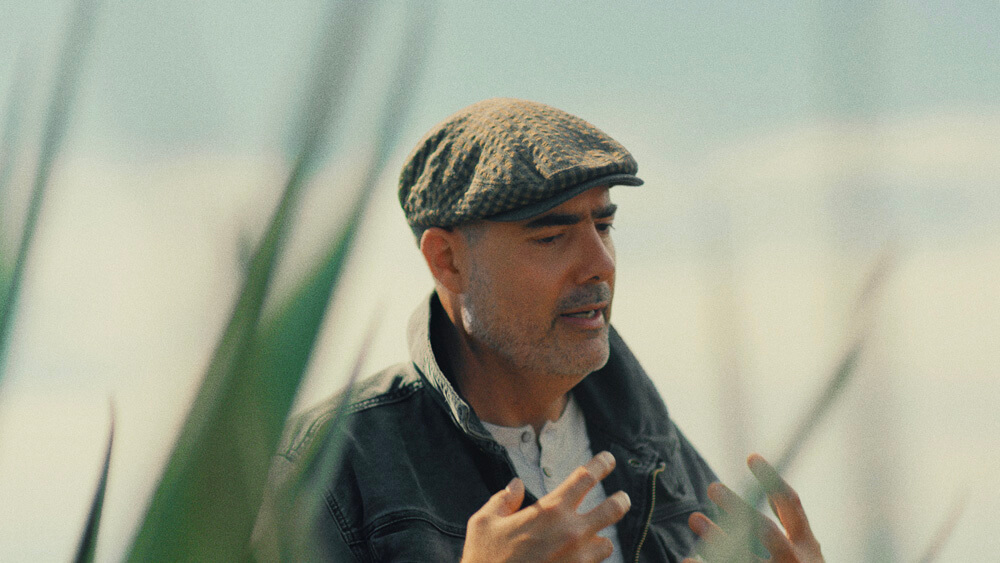
Finally, can you share an experience where you faced significant adversity as an entrepreneur? What strategies did you employ to overcome these challenges, and how have they influenced your approach to leadership today?
“One of the biggest challenges I’ve faced as an entrepreneur is addressing the balance between tradition and innovation while scaling our products for a global market. This tension comes from the deep responsibility I feel to honor the heritage and craftsmanship behind every spirit we create, but at the same time, making those spirits accessible to a wider audience without losing their soul.
“Take Montelobos Mezcal, for example. When we launched, our commitment was to work with mezcaleros who followed traditional, sustainable methods, using wood-fired pits and copper stills. But as demand grew, the question became: how do we scale production without compromising the artisanal integrity of the process or the environmental impact? It was a deeply personal challenge because it required navigating a business reality without betraying the cultural values that define mezcal.
“I overcame this by focusing on partnerships with producers who shared our philosophy. We worked closely with local communities, investing in sustainable practices, organic certifications, and long-term agreements that respected their craft and ensured fair compensation. It wasn’t always easy—it required patience, compromise, and a willingness to learn from the people who live and breathe these traditions.
“This challenge taught me a vital lesson: success isn’t about finding shortcuts; it’s about finding better paths that align with your values. As a leader, it’s my job to advocate for those values while ensuring our team has the tools to innovate responsibly. Today, I approach every decision with the same mindset—honoring tradition, empowering local communities, and building a sustainable future for our industry. It’s not the easiest path, but it’s the one that ensures our spirits truly reflect the soul of Mexico.”


